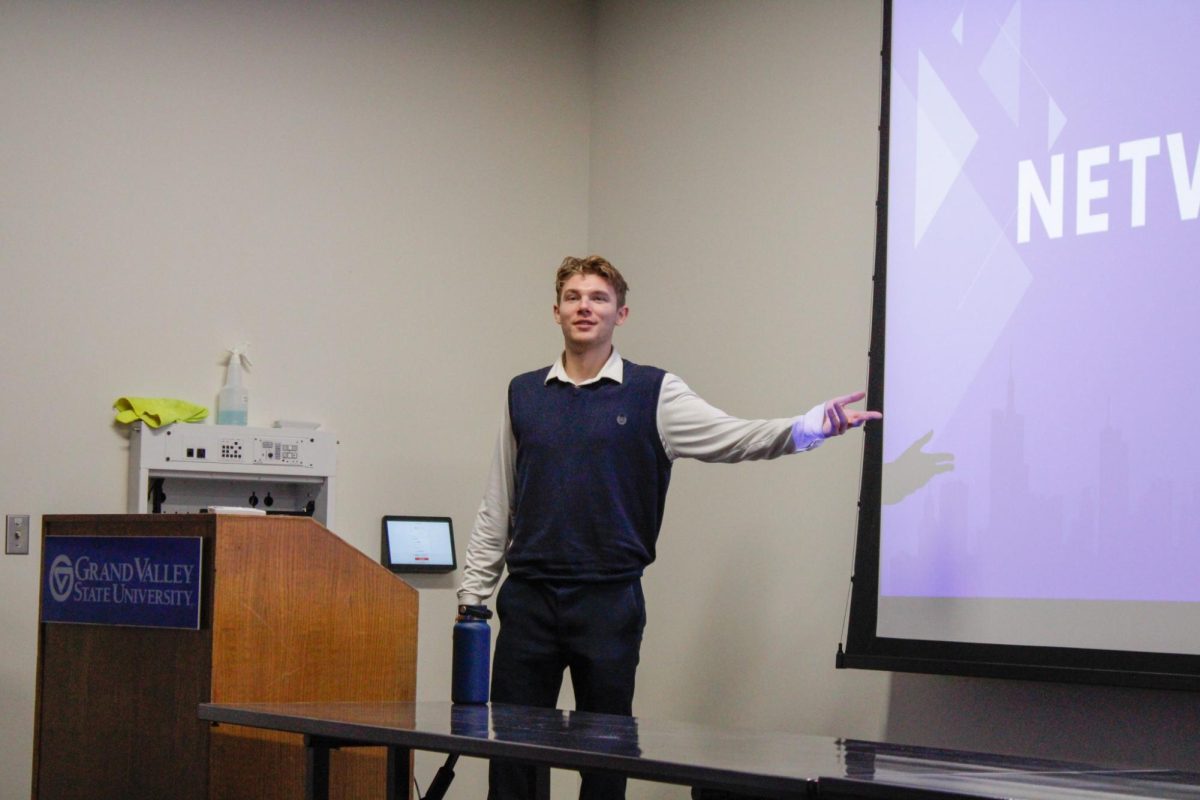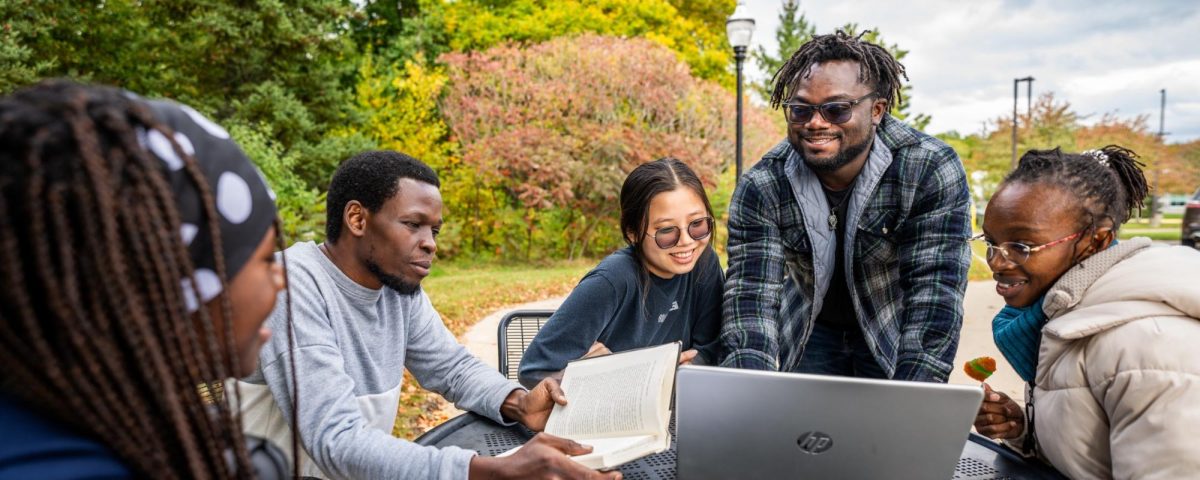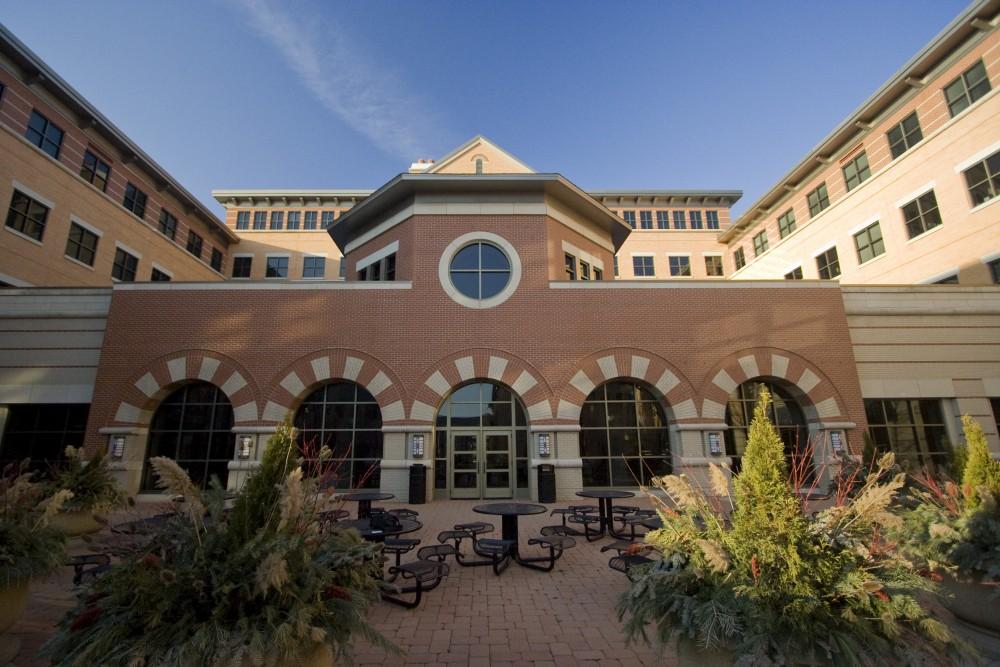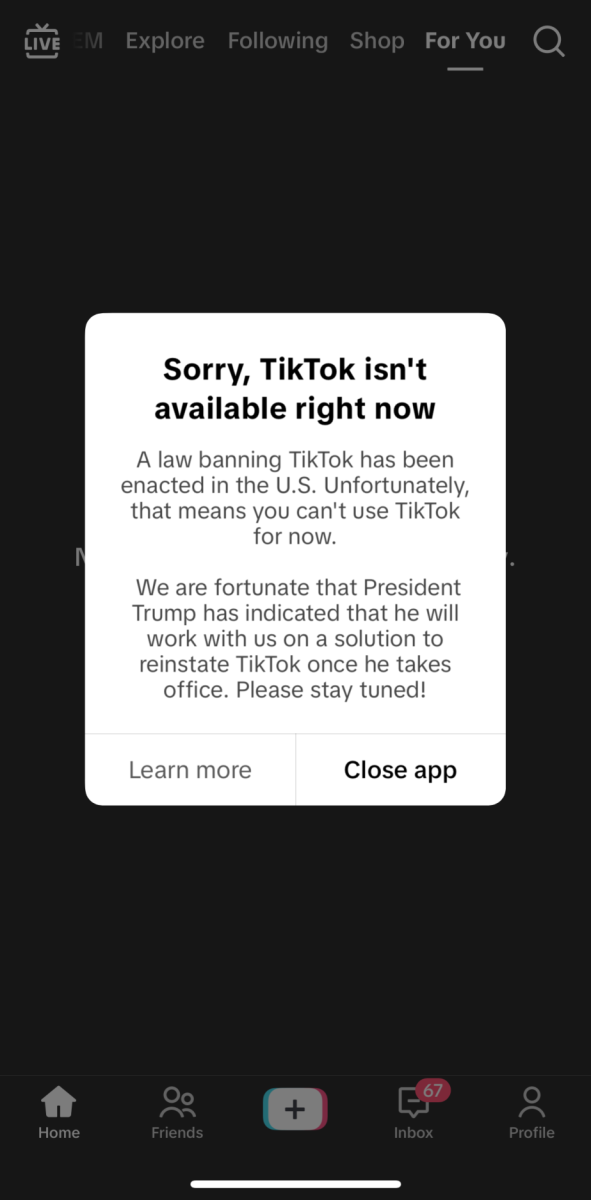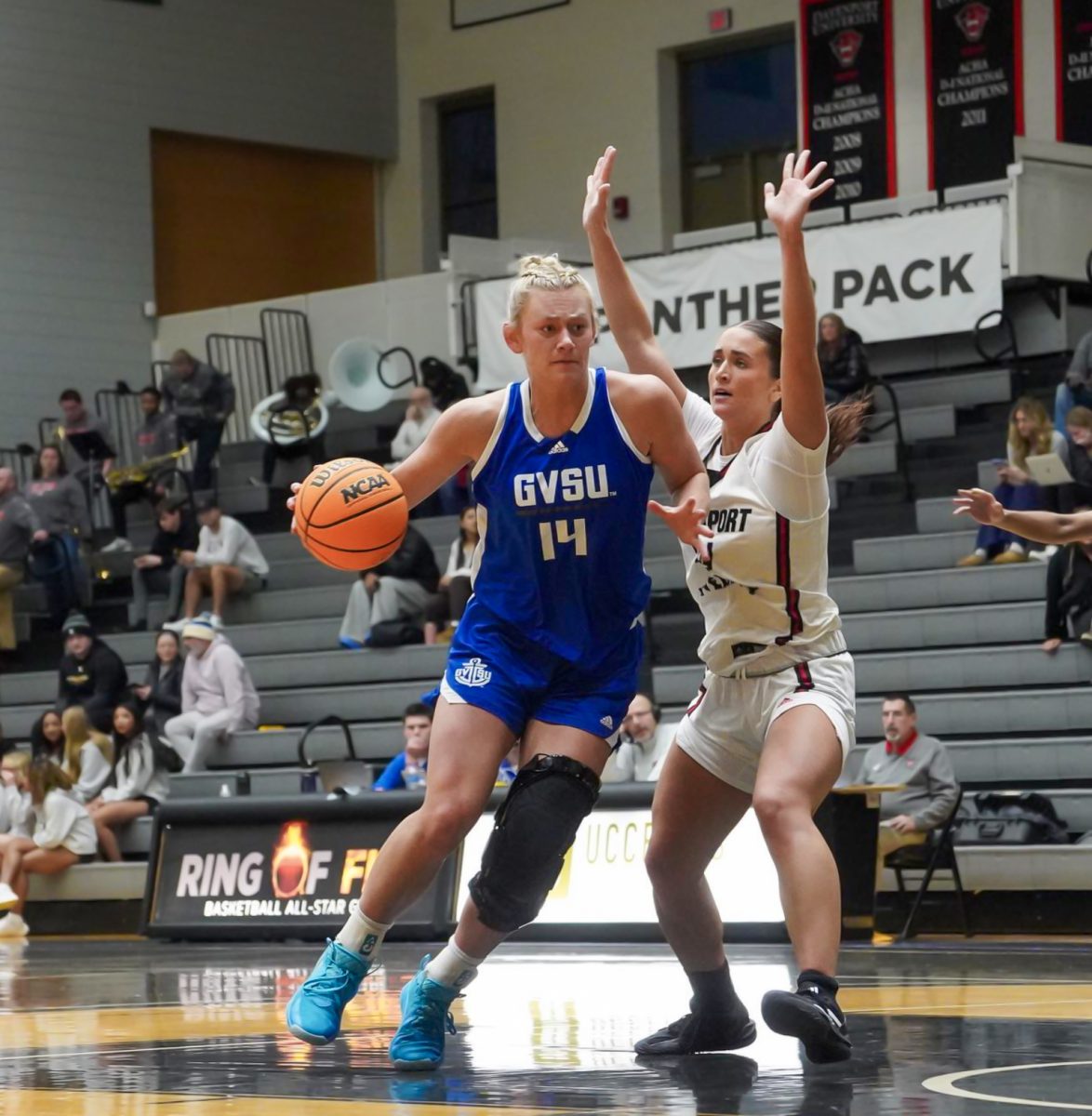Column: Combatting xenophobia through education
Oct 3, 2022
Xenophobia. It’s the term used to describe the discrimination or prejudice against people from other countries. It is something that has always been around but is rarely given the attention it deserves.
There is a difference between racism and xenophobia. Racism is discrimination towards a certain race, and even this definition gets more narrowed to be focused on people of color. Xenophobia focuses on immigrants or descendants of immigrants.
Now, this has always been around; however, it has always been something difficult to point out, unless you were a victim of xenophobia. Historically, the U.S has been discriminatory towards many populations of immigrants who migrated to the U.S.
There was a spike in microaggressions when COVID-19 hit the U.S. People were calling it the ‘China virus,’ which may seem minor, but in reality it was detrimental to Asian Americans living in the U.S. and contributed to a rise in violence against Asian Americans.
Now, you may be thinking, what does this have to do with me, a student at Grand Valley State University? The answer to that question is everything. Xenophobia is not some distant ideology that holds no weight on this campus. It is something that is experienced by many people. It is something that goes unnoticed. It is something that is barely talked about.
I am half Filipina and my mom was an immigrant from the Philippines. I have experienced microaggressions that range from subtle to shocking. My mom has experienced microaggressions far worse than I. In my experience, a lot of the educational programs lack the foundation to talk about the microaggressions experienced by immigrants and their descendants.
There is no excuse for the lack of representation in educational institutions, especially in programs focused on educating people about equity and diversity. Throughout my educational experiences, there have been pushes for more representation in educational programs that aim to educate people on diversity and inclusion. Time and time again, people have made excuses as to why they have to cut these programs out of the curriculum.
My question is, how can there never be room for discussion about xenophobia? How is this the topic that always gets left out? It’s fine if there is not someone who knows much about it, but why can we source-in experts on racism and not ones on xenophobia? It feels like time and time again we are shouting into a void that goes unheard. Having experienced xenophobia in the past, and seeing my family deal with it, I think that it is an important topic that deserves to be talked about, separate from racism. I think, oftentimes, people group everything under racism and think that’s enough because at least they’re addressing it.
This fight has been going on for decades. The fight for equity and inclusion. The fight for acceptance for all people regardless of their race or background. GVSU is taking steps to educate people, but there is something lacking in the roundness of the curriculum. Immigrants are just as much Americans as anyone else and deserve to be treated with the same amount of respect as anyone else.






